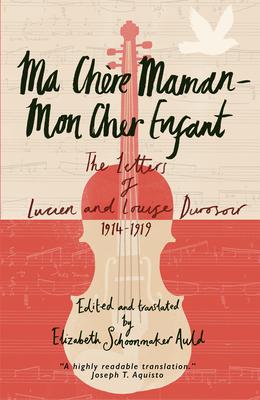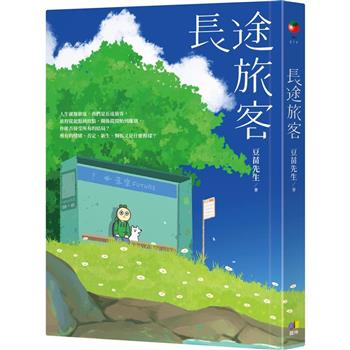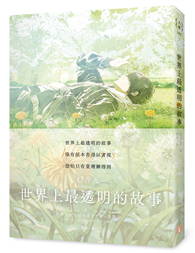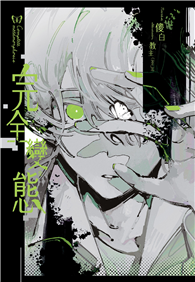His violin saved his life...
August 1914: Renowned violinist Lucien Durosoir (1878-1955) was taking a break from his busy concert schedule in a small town in Brittany with his mother, when the world and his life changed forever. In the space of a two or three days, he was off to the front.
Good luck, his companion throughout four hard years of war, placed him in a regiment led by officers who loved music, and Lucien was asked to create a chamber music ensemble. Luck also placed around him other excellent musicians, and, within a few months they were playing some of the great chamber music repertoire.
Lucien wrote his first letter to his mother as soon as he got out of the cattle car and officially became part of the fighting force, and until the end of the war he wrote at least daily. She, in turn, replied in lengthy, daily letters, sharing news and offering maternal guidance.
This translation brings the story of these two strong-willed, loving, troubled, people to the English-speaking world for the first time. It provides a unique perspective on war, music, and a mother-son relationship. This is an account of the horrors of the Great War from someone who managed to create beauty within its gruesome trenches. This is the first English translation of their letters.
"Lucien Durosoir is not nearly as well-known as a composer in the English-speaking world as he should be. In the lyricism and sheer beauty of his music, he can remind the listener of Edward Elgar. But unlike Elgar, Durosoir was young enough to serve in the trenches of the Great War. Like millions of his comrades, he was also a prolific letter writer. The letters between him and his mother, Louise, are elegantly translated and wonderfully presented here. They present a rich tapestry of the grim circumstances in and out of the trenches of the Great War. They also present strategies of survival, physical and emotional, but also romantic. Elizabeth Schoonmaker Auld has done us a great service by making these letters available. They can only increase our admiration for this great composer and exemplary survivor of this horrible conflict." --Leonard V. Smith, Professor of History, Oberlin College
"These letters provide important first-person perspective on both a typical and atypical experience of a solider at the front and a musician fulfilling
national duty. We see the evolving relationship between a mother and a son, initial optimism, moments of deep grief for lost friends, and more, all in a highly readable translation."--Joseph T. Acquisto, Professor of French, University of Vermont
"A professional violinist in his mid-thirties is called to fight in the ’Great War’. Suddenly wrenched from a career and a widowed mother, many musicians would not have had the strength of character to withstand the long years of deprivation and trauma. Lucien Durosoir’s extended correspondence with his mother reveals his exceptional courage and leadership as a soldier, as well as his ingenuity in finding ways to make music amidst the deprivations of war. Via his vivid descriptive writing, and Elizabeth Auld’s superb translation, we experience the immediacy of war through the eyes (and ears) of a mature and artistic spirit. --Linda Laurent, Professor Emerita of Music, Central Connecticut State University
Literary Nonfiction. Essay. History. Music.

 看圖書介紹
看圖書介紹








